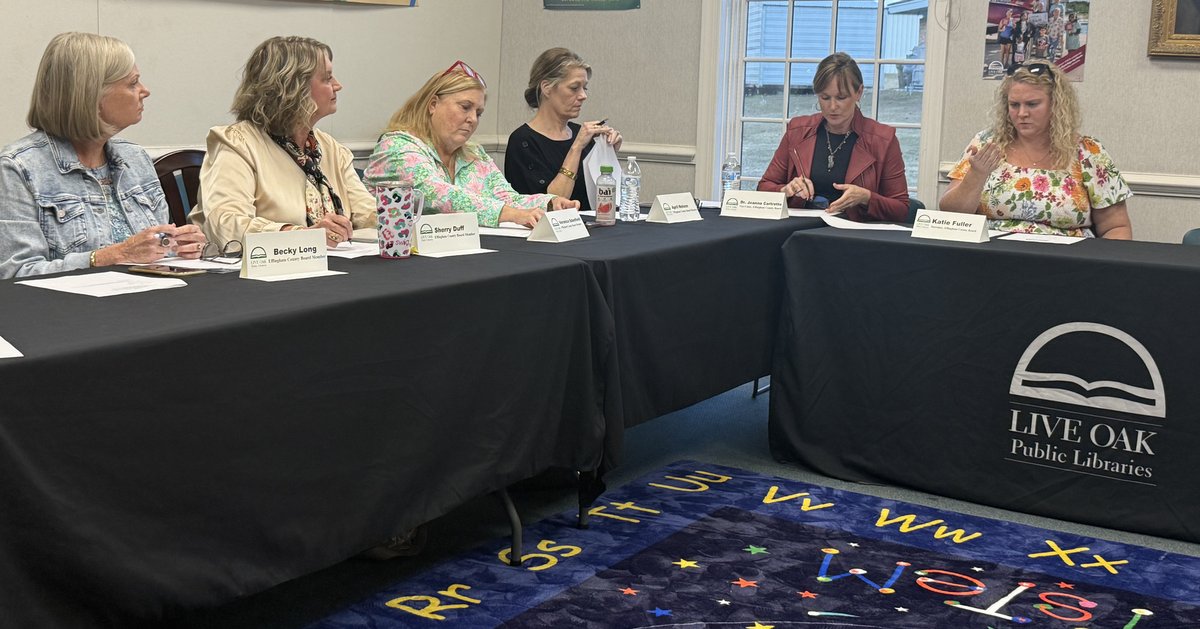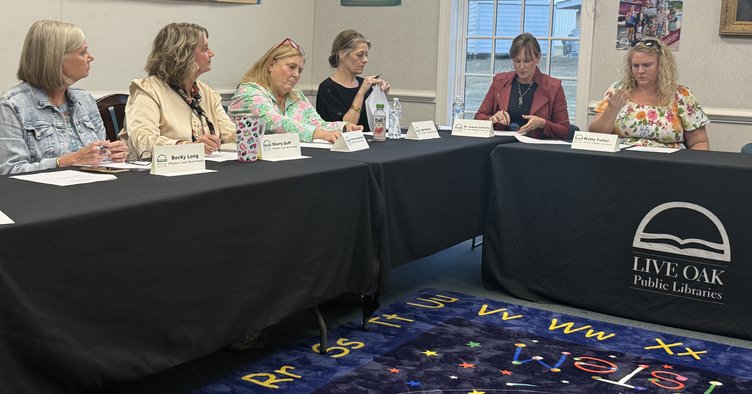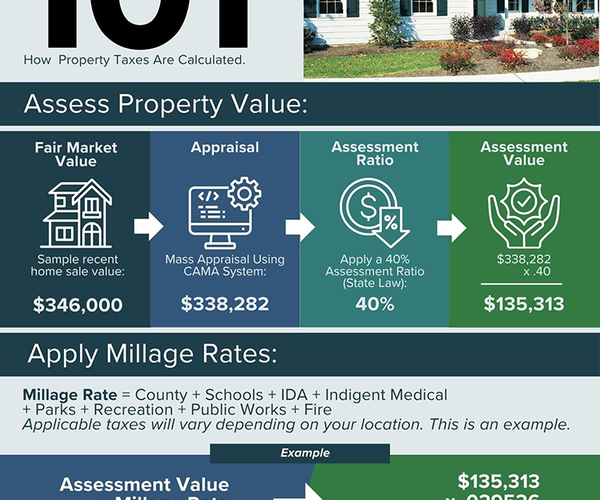Effingham County commissioners are set to adopt a balanced budget and a millage rate that will rollback the assessed growth in real property.
At a budget workshop Tuesday prior to their regular meeting, commissioners discussed a $28.56 million spending plan that is offset by an equal amount in expected revenues. With that, commissioners are proposing to cut the millage to 8.913 from its current level of 9.756.
“Because of that rollback, we are receiving about the same amount of funds on that property value,” county finance officer Joanna Floyd said. “Where you’re seeing the additional revenue is with the new growth. We basically have negated the increase people would see on their taxes.”
Last year, the county had nearly $12.8 million in tax revenue and is expecting close to $14.5 million this year.
“They will see an increase because the others have not rolled back,” Floyd said.
Commissioners pointed out they were just one of the taxing bodies, including the school board, the hospital and development authorities. For residents in the unincorporated areas of the county, the total millage is anticipated to be 29.911, down from 30.754 a year ago. The state and the development authority charge .25 and 2 mills respectively by law.
The hospital authority is expected to keep its millage rate at 2 and not adopt a rollback rate of 1.827 mills. The school board also is expected to keep its millage rate at 15.57. There is also a levy of 1.178 mills for a school bond.
“That’s 20 mills we have no control over,” Commissioner Myra Lewis said.
Said Commissioner Hubert Sapp, “People think we have total control over the millage, not just a third of the millage.”
Original department requests topped $30 million before commissioners were presented with a final set of general fund spending priorities set at $28.5 million.
“I think the county staff, the department heads and the commissioners worked very diligently to balance the budget,” Floyd said.
Commission Chairwoman Verna Phillips wants department heads to take another look at requests for personnel. Sixty percent of the county’s general fund budget goes to manpower, either in salaries or benefits. The county has approximately 290 full-time and 120 part-time employees.
“We really have to watch our level of employees,” Phillips said. “My position is zero on additional personnel at this point.”
Under the original budget requests, there were 33-35 new employees sought. That number was cut to 16.
“For anyone to get new employees, it has to be a total hardship,” Phillips said. “We have to do this. It’s not something we want to do, but we have to do it.”
Lewis attended last week’s public meeting held by Chief Appraiser Janis Bevill in an attempt to explain the new assessments. Many residents there voiced their discontent over higher property values.
“The citizens are real unhappy, and there’s no other way to explain it,” Lewis said. “They see their (tax) bill isn’t coming down. That’s the bottom line.”
She also said some of the attendees at the assessments meeting told her they thought it was a waste of time.
“I don’t think it was,” Lewis said.
A taxpayers group has scheduled a meeting for tonight at 7 at Effingham County High School. Bevill said it is not another meeting conducted by the board of assessors.
Millage rates
• County 8.913
• Hospital Authority 2
• IDA 2
• Board of Education 15.57
• School bond 1.178
• State .25
Rates are proposed millages and do not include any imposed by the municipalities.








